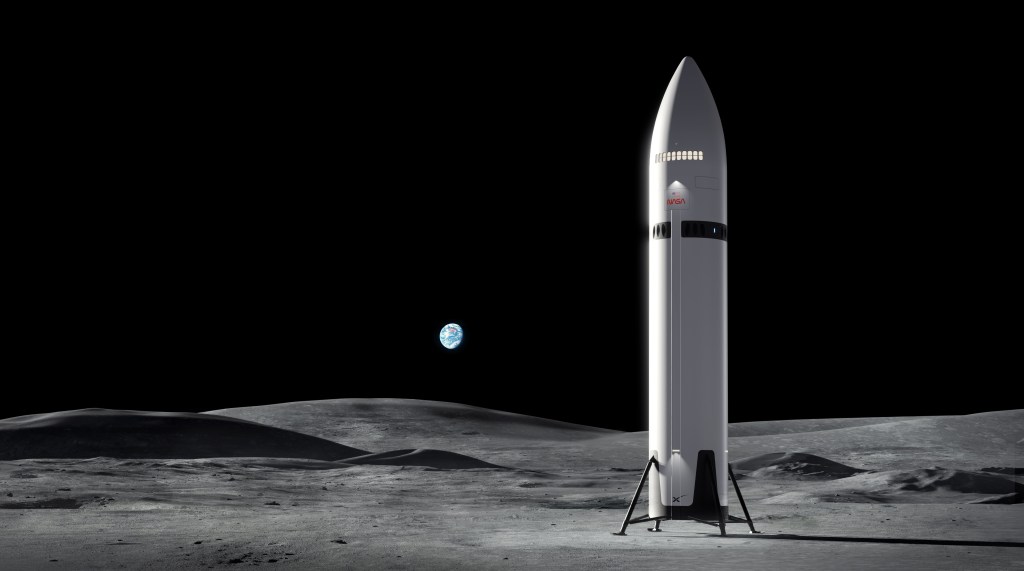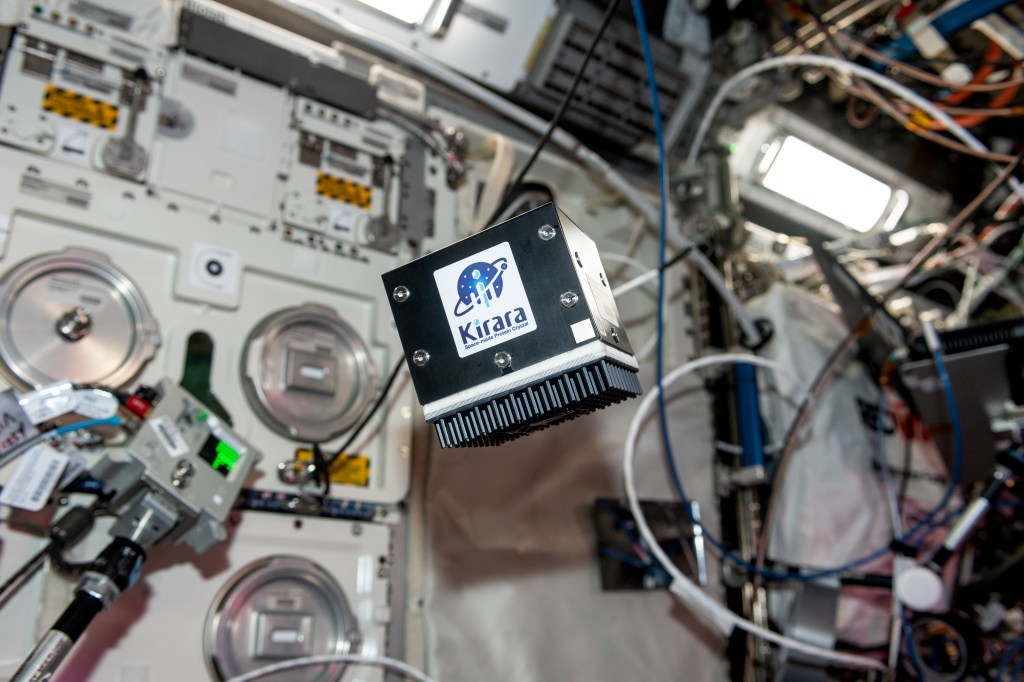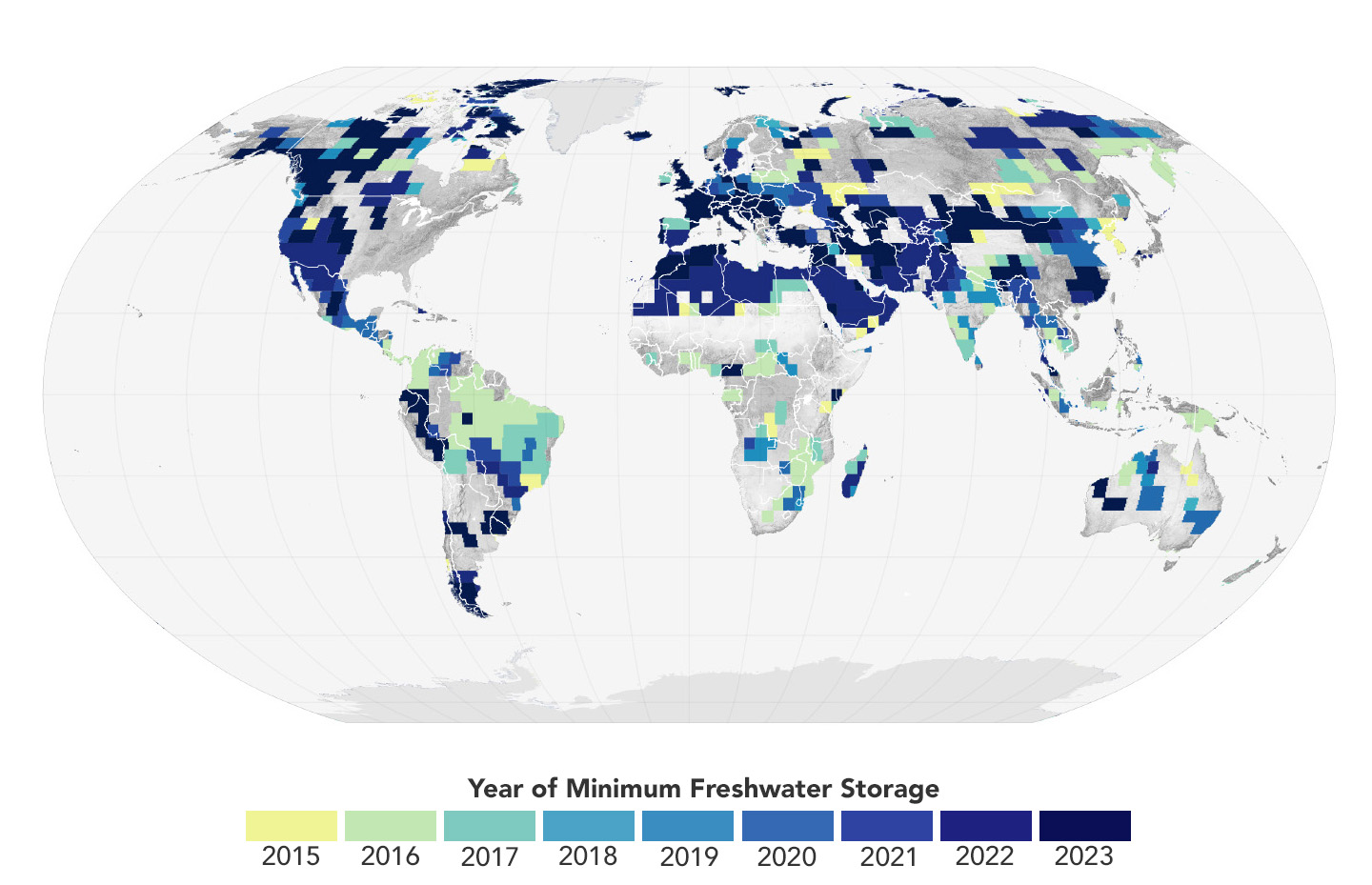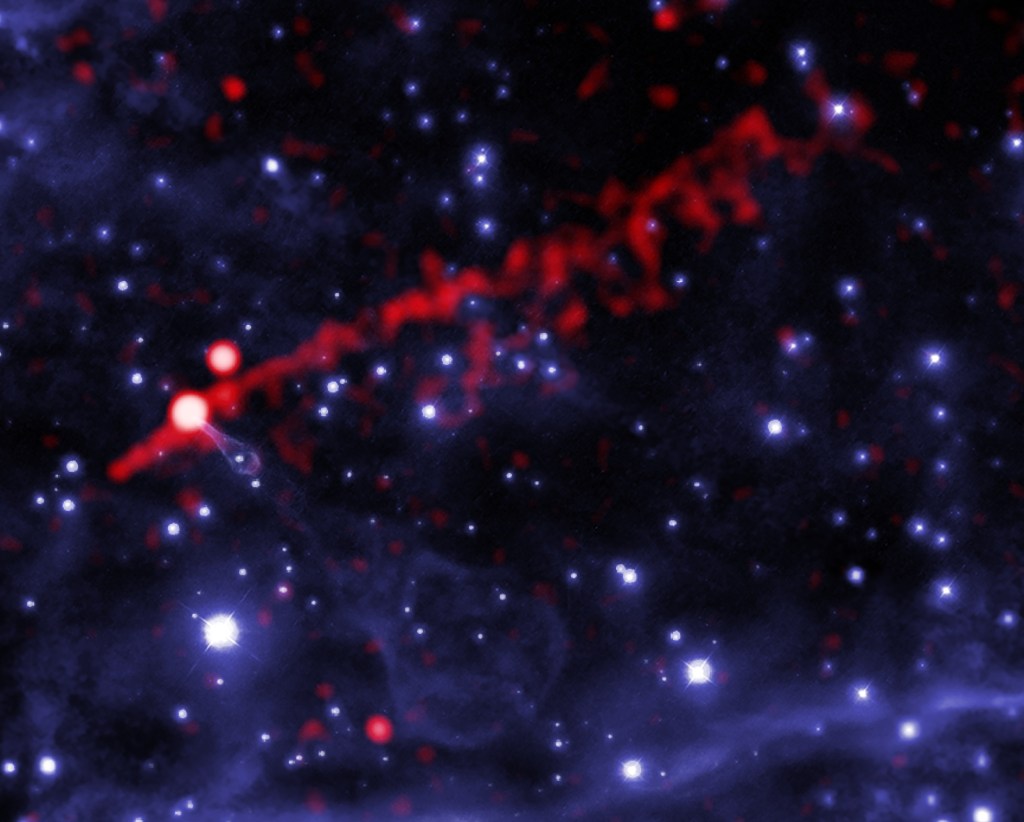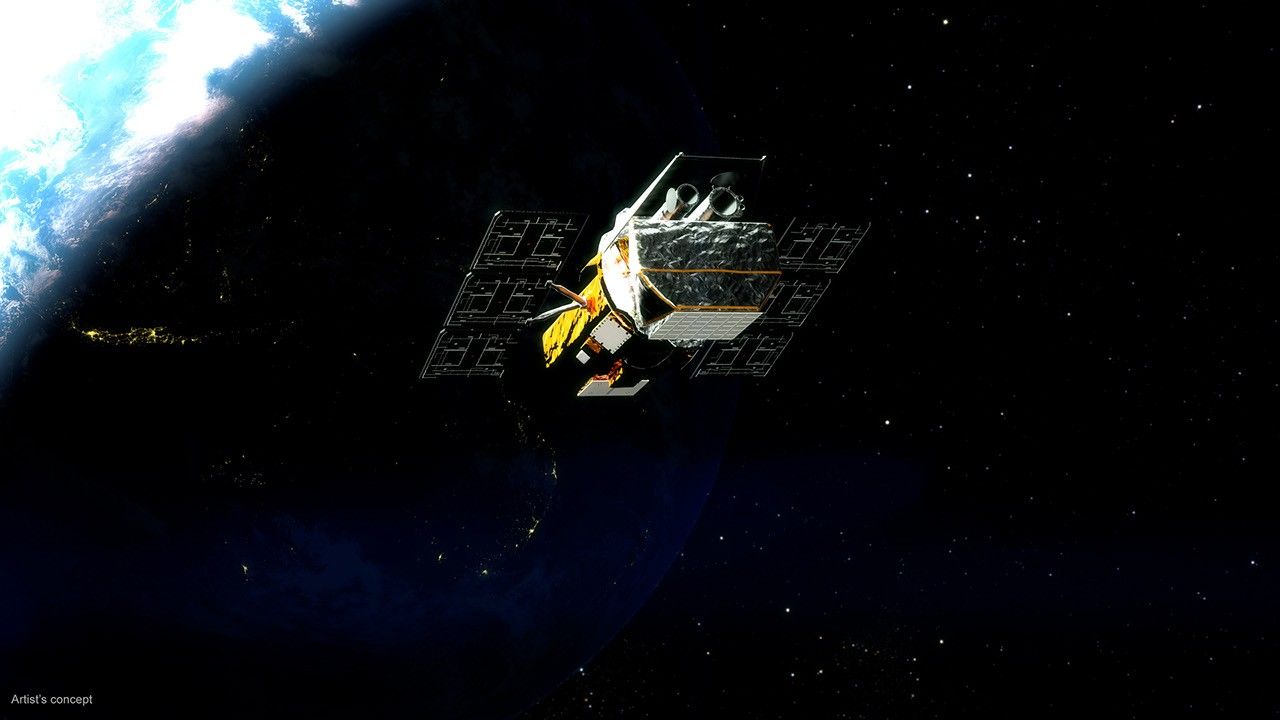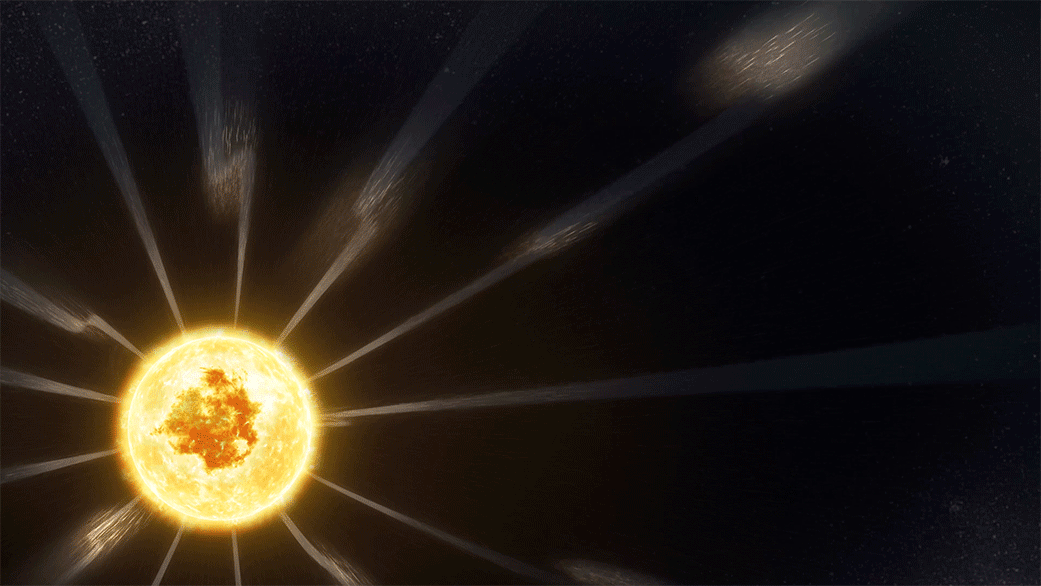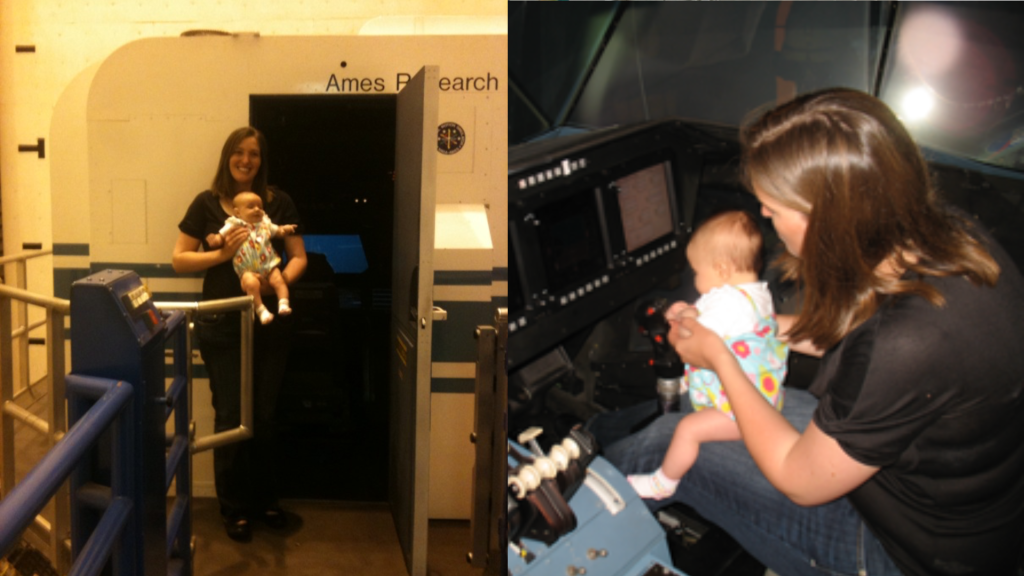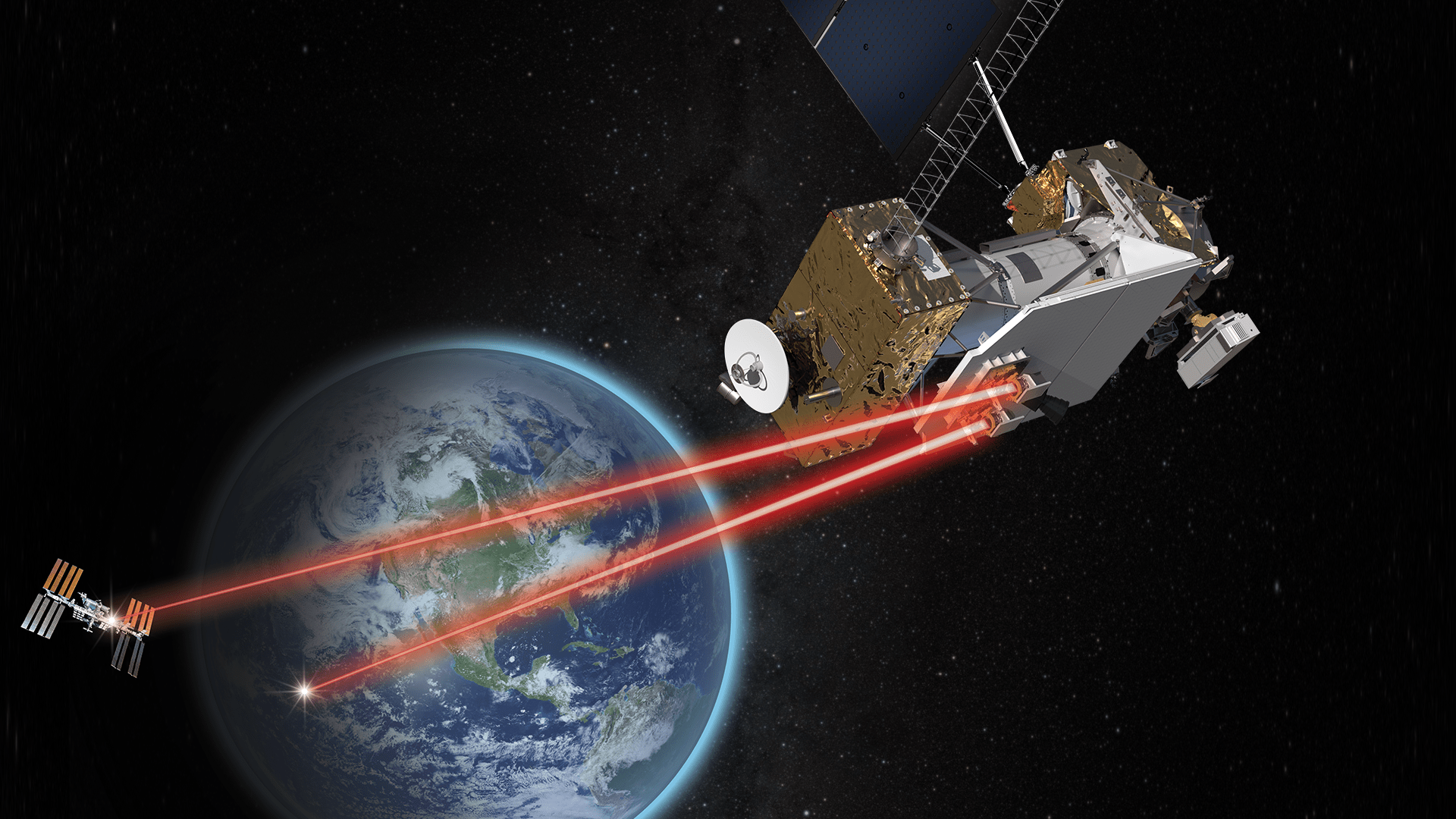Editor’s note: This advisory was updated Dec. 6 to note that a clean feed will be available on the NASA TV media channel from 3:30 a.m. through liftoff.
Editor’s note: This advisory was updated Dec. 5 with the following statement: The Dec. 6 launch of a United Launch Alliance (ULA) Atlas V 551 rocket carrying the Department of Defense’s (DOD) Space Test Program 3 (STP-3) mission has been scrubbed. The team repaired the ground storage system but will require additional time to verify the sample integrity of the fuel prior to tanking operations. Launch of the mission – which hosts NASA’s Laser Communications Relay Demonstration (LCRD) and the NASA-U.S. Naval Research Laboratory Ultraviolet Spectro-Coronagraph (UVSC) Pathfinder – is now scheduled for Tuesday, Dec. 7, at 4:04 a.m. EST. Live coverage of the launch is scheduled to air on NASA Television, the agency’s website, and the NASA App beginning at 3:30 a.m. EST, Dec. 7.
Editor’s Note: This advisory was updated Dec. 4 with the following statement: The Dec. 5 launch of a United Launch Alliance Atlas V 551 rocket carrying the Department of Defense’s Space Test Program-3 (STP-3) mission has been scrubbed. During initial operations, a leak was discovered in the Rocket Propellant-1 (RP-1) ground storage system. Launch of the mission – which hosts NASA’s Laser Communications Relay Demonstration (LCRD) and the NASA-U.S. Naval Research Laboratory Ultraviolet Spectro-Coronagraph (UVSC) Pathfinder – now is scheduled for 4:04 a.m. EST Monday, Dec. 6. Live coverage of the launch is scheduled to air on NASA Television, the agency’s website, and the NASA App beginning at 3:30 a.m. EST, Dec. 6.
The agency’s first end-to-end laser relay system, LCRD is set to launch as part of the United States Space Force Space Systems Command’s Space Test Program 3 (STP-3) mission. STP-3 will launch on a United Launch Alliance (ULA) Atlas V rocket from Cape Canaveral Space Force Station in Florida. Its two-hour launch window opens at 4:04 a.m. EST.
Laser communications – also called optical communications because they use light to send information – offer higher data rates than traditional radio frequency systems, enabling more data to be transmitted with each transmission. LCRD will demonstrate space-to-ground laser communications linking ground stations in Hawaii and California. Later in mission, LCRD will receive and transmit data from an optical terminal that NASA will place on the International Space Station.
Media Opportunities
NASA will offer remote, live interviews with officials in English and Spanish from 6 a.m. to 1 p.m. EST on Friday, Dec. 3. To book an interview during this time, media should complete and submit the form available at this link by 12 p.m. EST on Thursday, Dec. 2.
Media interview requests outside that window can be arranged by contacting Lora Bleacher at: lora.v.bleacher@nasa.gov.
Public Participation
NASA invites the public to register to virtually attend the launch and receive mission updates and activities via email. NASA’s virtual guest program for LCRD includes curated launch resources, notifications about related opportunities, and a virtual guest passport stamp.
Dive Deep into Laser Communications
Take an inside look into the development of LCRD with a laser communications show from NASA EDGE.
NASA’s The Invisible Network podcast will debut a special LCRD series on launch day, with additional episodes released over the following four Wednesdays. The podcast will highlight the future of the laser communications technologies demonstrated by this mission and the people behind it.
NASA’s LCRD is launching aboard the Department of Defense’s Space Test Program Satellite-6 (STPSat-6), which is part of the Space Test Program 3 mission. An additional NASA science payload also will launch aboard STPSat-6: UVSC Pathfinder, the Ultraviolet Spectro-Coronagraph Pathfinder. The mission is a joint NASA-U.S. Naval Research Laboratory experiment that studies the origins of solar energetic particles, the Sun’s most dangerous form of radiation.
LCRD is led by NASA’s Goddard Space Flight Center in Greenbelt, Maryland. Partners include NASA’s Jet Propulsion Laboratory in Southern California and the MIT Lincoln Laboratory. LCRD is funded through NASA’s Technology Demonstration Missions program as part of the Space Technology Mission Directorate, and the Space Communications and Navigation (SCaN) program at NASA Headquarters in Washington.
Watch, Engage on Social Media
Stay connected with the mission on social media:
- Twitter: @NASA, @NASAGoddard, @NASALaserComm, @NASA_Technology, @NASASCaN
- Facebook: NASA, NASAGoddard, NASA Technology, NASA Space Communications and Navigation
- Instagram: NASA, NASAGoddard
For additional information about LCRD, visit:
-end-
Sarah Frazier
Headquarters, Washington
202-853-7191
sarah.frazier@nasa.gov
Lora Bleacher
NASA’s Goddard Space Flight Center, Greenbelt, Md.
240-397-3666
lora.v.bleacher@nasa.gov





